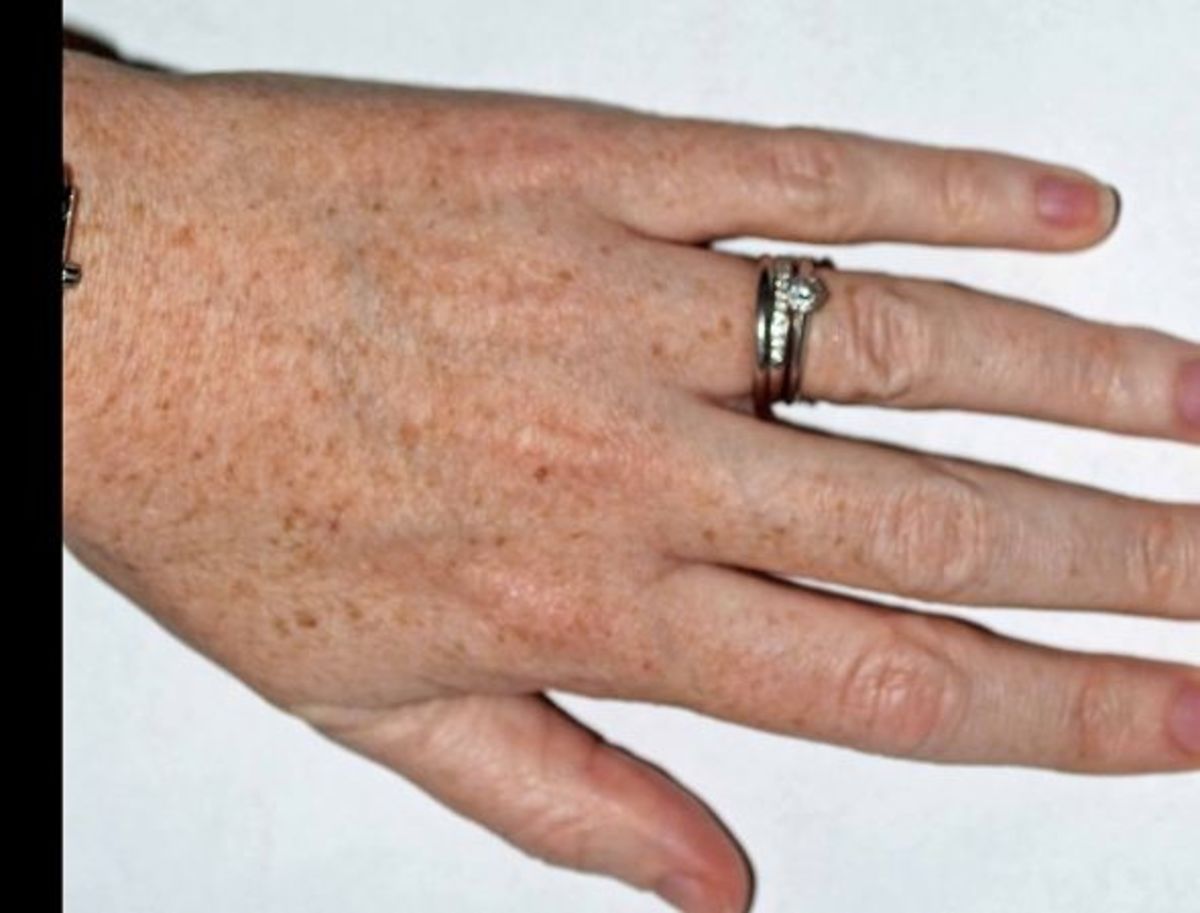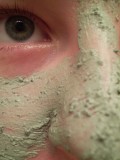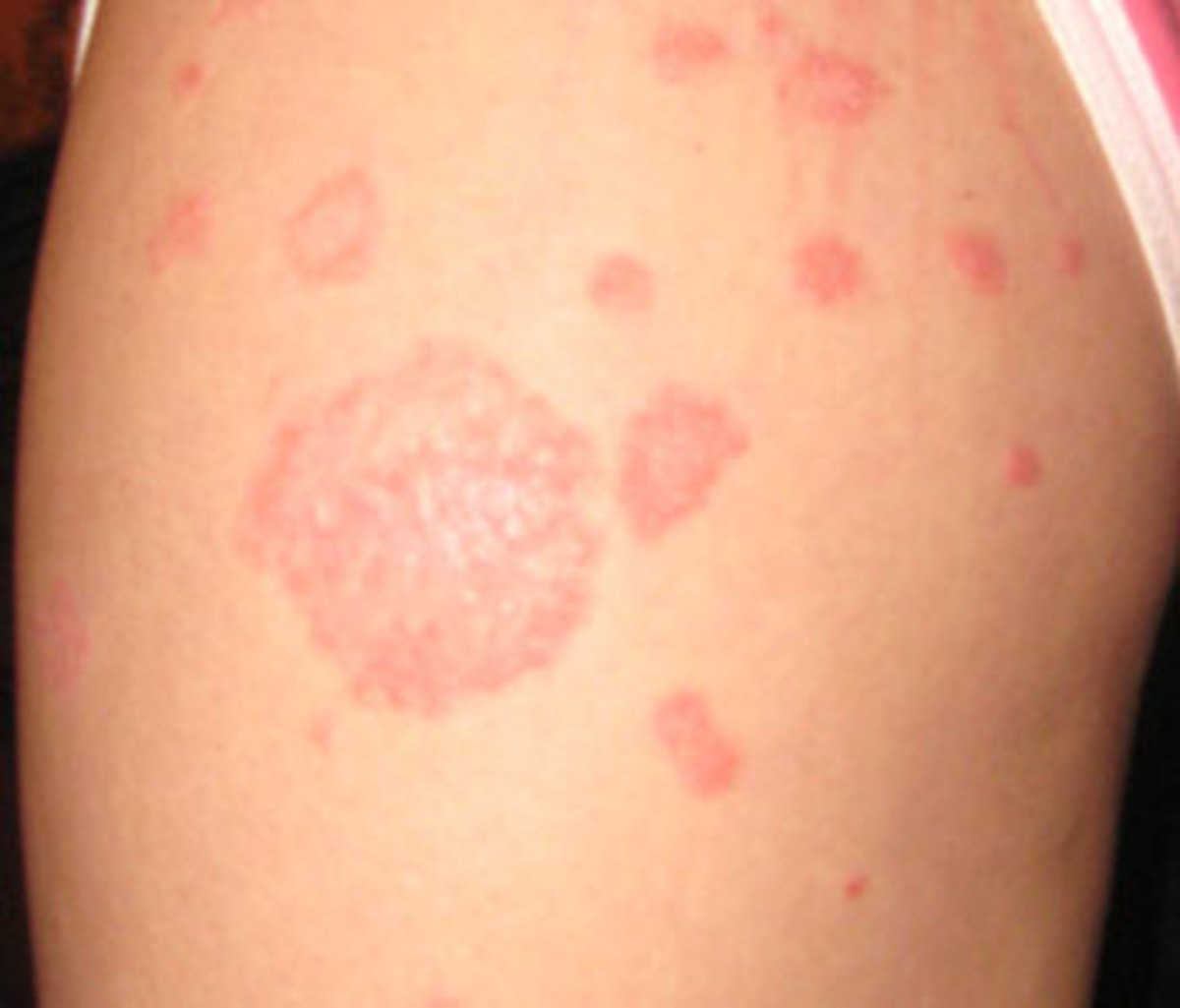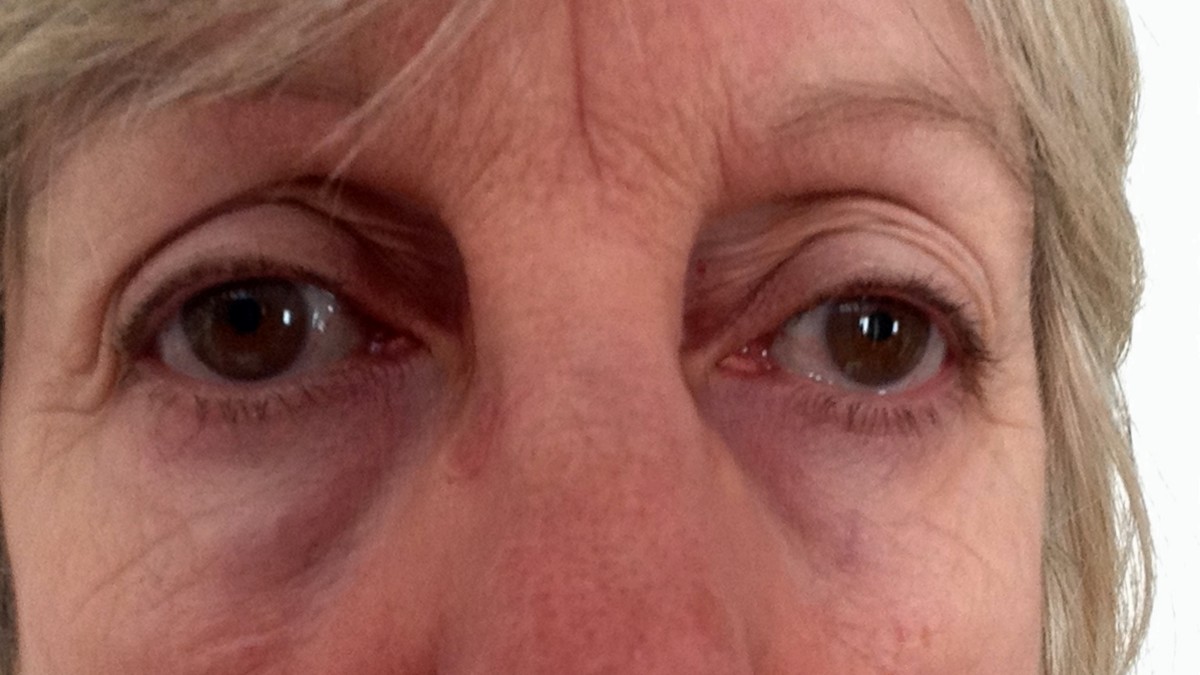Sunscreen VS Sunblock
When spring and summer comes around, it's very important that you consider a good sun protection product. The sun can give you a nice bronze color, but it can also have adverse effects on your health. In general, though, it's always going to be your personal preference and decision as to whether you will use sun protection or not, and if you opt to what SPF you choose to use.
Just remember that there has been a growing number of skin cancer cases. A simple sunscreen will help absorb the UV radiation emitted from the sun via the carbon based UV protection chemicals within sunscreen, which can in turn help prevent skin cancer.
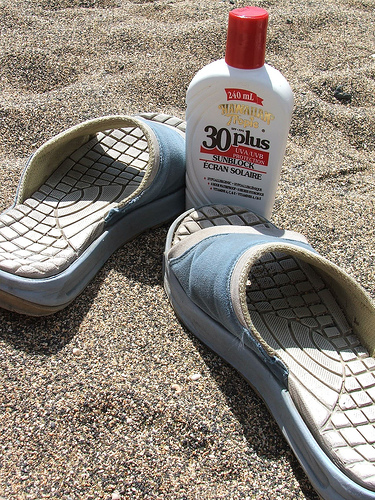
Choosing the Right SPF
When choosing a sunscreen, it can be hard figuring out which one will be best. The main issue is going to be which SPF to choose. SPF is the sun protection factor that ultimately measures the effectiveness of sunscreen. Generally, the higher the SPF, the more protection you will receive from UV-B rays, which are those that can potentially cause malignant skin cancer as well as the initial effect- sunburn.
The SPF indicates the time a person exposed to the sun will have before getting burnt relative to the time a person without sunscreen. Depending on fast you burn without sunscreen will determine how fast you will burn with certain SPF. That may not make much sense, but to break it down, if it takes you 15 minutes to burn without sunscreen, and you apply SPF 20 sunscreen, then it will take you 300 minutes (or 5 hours) before you start to burn. But before you get a calculator and try to figure out what SPF you need, remember that it's not going to be an exact match ever.
Choosing a particular SPF will really depend on different factors:
- Skin type
- How much you apply initially, and how often you re-apply
- What you're doing (water activities will lead to loss of sunscreen)
Remember that even if you opt for a medium or higher SPF, that doesn't mean that you're not going to get a tan. It just means that you're not going to burn as quickly. Just because you get a sun burn, that doesn't mean that you're going to get a good tan. Generally, the worse the burn, the less that you'll tan.
Sunscreen
Sunscreen comes in a lotion, spray, gel, or some other topical product that contains various chemicals and agents that absorb the sun's UV radiation, which helps prevent sun burnt skin and future skin problems.
Sunscreen is a good option to choose for sun protection, but you want to watch out because even though it is manufactured to protect skin damage, the chemicals that absorb the UV rays can also be broken down on the skin potentially causing other problems.
Some studies believe that some cases of breast cancer and basal cell carcinoma in women and some cases of melanoma in men are actually caused by sunscreen. Sunscreen products are highly unregulated, most of which actually contain ingredients which offer inadequate protection from the sun's rays.
Sunscreen blocks UVB rays, but it does not protect the skin from UVA. For maximum protection, you'll probably want to make sure that you can block as much UV rays as you can. Remember that sunscreen needs to be applied frequently, every two hours in the least, in order to get the full benefit of the product.
Sunblock
Sunblock is generally going to be a better option when choosing sunscreen or sunblock. Sunblock reflects UV rays versus absorb them. Sunblock does not contain the same harsh chemicals that are in sunscreen.
Sunblock is much safe for babies and children since it contains fewer potentially harmful ingredients and it blocks both UVA and UVB rays.
But, when buying a sunblock, you want to make sure that it contains titanium dioxide or zinc oxide.because without one of those two ingredients, the product is really just a sunscreen.
Sunblock generally does not need to be reapplied once you apply the first and only layer of sunblock. This sounds great but because sunblocks are mineral heavy, which makes them not as water resistant as sunscreen and they are generally not as lightweight.
With the extra minerals and fewer chemicals, sunblock is great for sensitive skin.
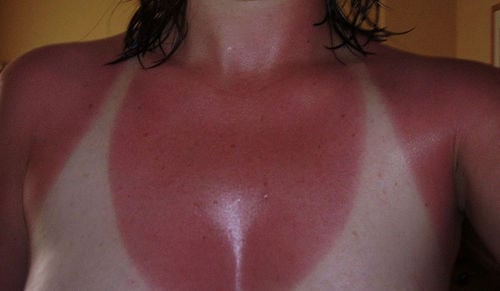
Disclaimer: Please be aware that the advice in this article should in no way replace that of a licensed physician. Consult your doctor if you have severe sunburn, as he may be able to prescrib a strong topical cream.






